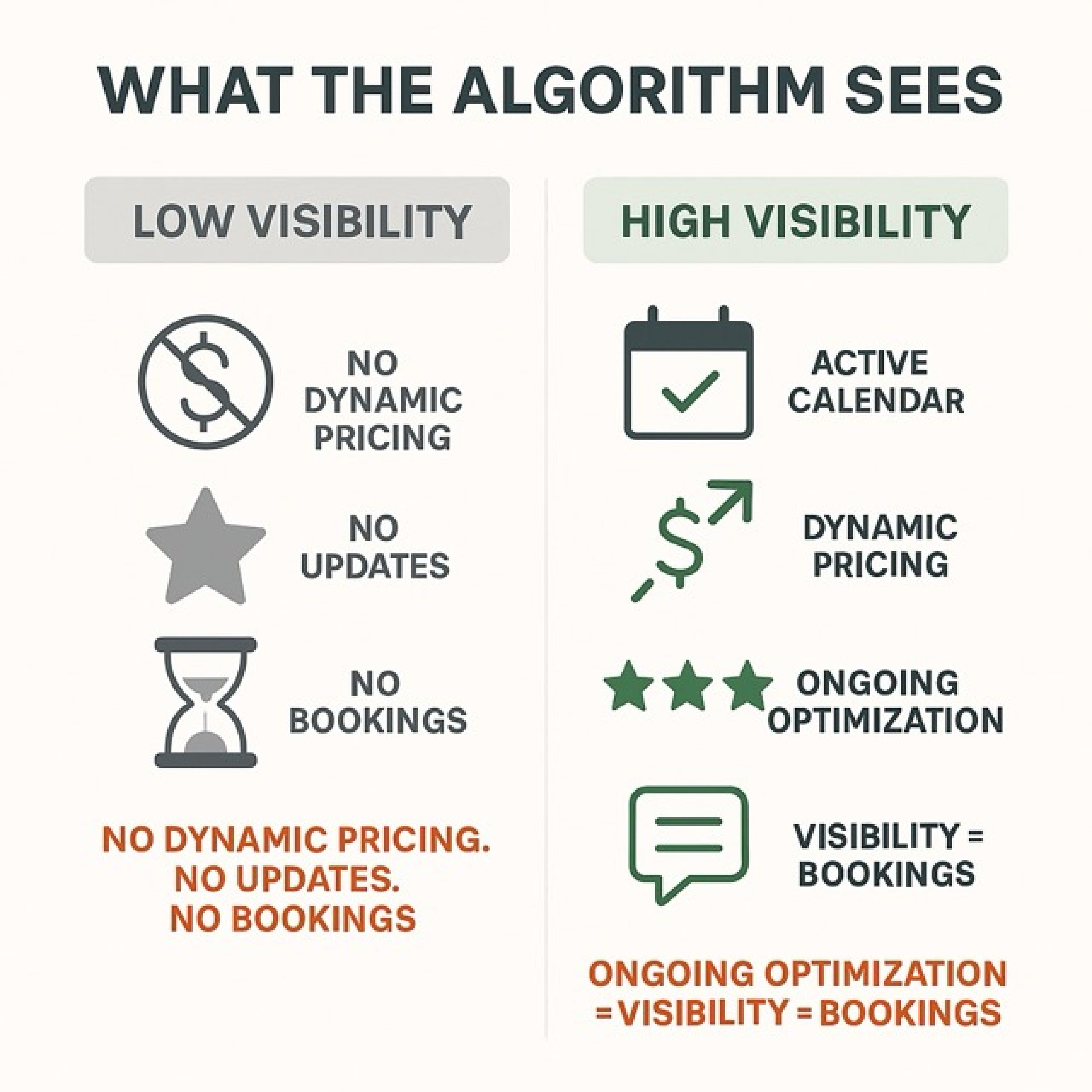
The Truth About Hosting in the Caribbean: Strategy, Mindset, and the Required Shift
In a region where real estate is emotional, markets are still emerging, and hosting is often born from financial necessity, particularly in Trinidad and Tobago where it is largely pursued as a means of earning USD, many Caribbean property owners enter the short-term rental space with expectations shaped more by urgency than understanding.
A few bookings, a glowing review, and suddenly it’s all income and ease — right?
Not quite.
As someone who has been embedded in this industry for over a decade, I’ve seen firsthand how misaligned expectations can derail even the most promising properties. Sustainable profit almost always comes down to mindset and execution.
Short-term rental success requires long-term thinking, it’s about strategy, systems, and knowing how to stay in play.
Performance Positioning
Every new listing goes through what I call the ramp-up period, a 90 to 180-day window where the platform (Airbnb, Booking.com, Vrbo, etc.) is:
• Learning your listing
• Collecting guest data and reviews
• Gauging credibility and responsiveness
• Adjusting its algorithmic visibility based on performance
• Building digital trust with future guests
Anything less than three months is still considered extremely early-stage.
Success takes time, fine-tuning, and consistency.
The Early Exit
In my many conversations with property owners across the Caribbean, a common theme has emerged: impatience.
And more importantly, a lack of digital literacy in how this industry actually works.
We’re living in a rapidly evolving digital age, but many Caribbean hosts still operate with a “set it and forget it” mentality. To them, Airbnb is just a place to list your property, upload a few photos, and wait for the money to roll in.
But short-term rental platforms are not passive income generating machines, they are algorithm-driven ecosystems that reward:
• Consistency
• Responsiveness
• Strategy
• Ongoing optimization
If you want to stay visible, you have to stay active.
Blocking your calendar, leaving your listing stale, refusing to adjust pricing dynamically or going weeks without activity tells the algorithm you’re not engaged, and the platform responds by pushing you lower in search results.
What many see as “a slow market” is often just a reflection of misalignment with the system, and not necessarily market failure.
If you want to stay relevant, you have to stay consistent.
This business rewards those who treat it like one, not like a side hustle.
It’s not Business, It’s Culture
What I’ve observed, and what I’ve discussed with other business minds is that many in the region have been shaped by a hustle culture more than a builder’s mindset.
Chasing fast money.
Reacting to problems instead of preparing for growth.
Hustling for today, and in the process, sabotaging sustainability for tomorrow.
This isn’t about blame. It’s about awareness.
Because hustle might get you started, but it won’t get you stability.
And it certainly won’t help you scale.
Mindset Over Mechanics
Behind every underperforming listing, every premature exit, and every frustrated owner in the Caribbean STR space, there’s something deeper at play:
Cultural programming that avoids risk and rewards complacency.
Many have been raised in environments where stability was the ultimate goal, not growth.
Where playing it safe was the smartest thing you could do.
Where surviving was celebrated more than thriving.
But in avoiding risk, you also avoid:
• Opportunity
• Innovation
• Expansion
• And yes — reward
So you cling to the familiar.
Default to long-term tenants.
Abandon listings before they’ve had a chance to perform.
Assume the platform isn’t working, the market is too slow, or the results just aren’t there — when in truth, you’ve never given the system a real chance.
Why I Launched Brief Homes International
Not just to manage properties, but to redefine the mindset behind hosting in the Caribbean.
To move owners from:
• Hustling to building
• Passive hope to active strategy
• Fearful transactions to intentional transformation
Because if you want to stay relevant, not just online, but in this evolving global travel space, you need to lead with consistency, clarity, and a willingness to learn new systems.
This industry will reward you.
But only if you give it the time, energy, and the strategy it deserves.